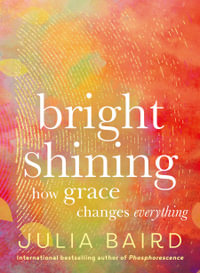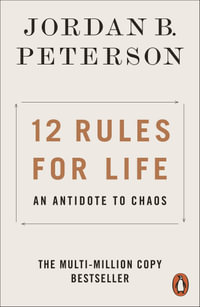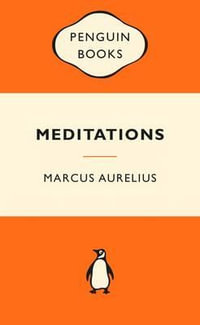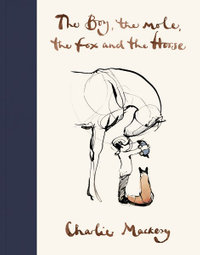Imagination, Philosophy and the Arts is the first comprehensive collection of papers by philosophers examining the nature of imagination and its role in understanding and making art. Imagination is a central concept in aesthetics with close ties to issues in the philosophy of mind and the philosophy of language, yet it has not received the kind of sustained, critical attention it deserves. This collection of seventeen brand new essays critically examines just how and in what form the notion of imagination illuminates fundamental problems in the philosophy of art. Imagination, Philosophy and the Arts tests the limits of the new theories of imagination and opens up several new avenues of inquiry. It is split into three parts: Part One discusses imagination in relation to our emotional responses to fictions and the nature of narratives; Part Two considers how imagination relates to conceivability, knowledge and understanding; and Part Three examines the ways in which imagination can be exercised through the senses. The volume will attract substantial interest in philosophers of art, as well as those working on mental representation, emotion theory, perception and fiction.
Working with examples which include Edward Lear's The Owl and the Pussycat, Mahler's Seventh Symphony, and Oliver Stone's film JFK, these papers make a large contribution to developing our understanding of 'imagination' in new directions and setting the research agenda for the next decade. Contributors include: Berys Gaut, Stacie Friend, Peter Goldie, James Shelley, Saam Trivedi, Matthew Kieran, Derek Matravers, Kathleen Stock, Eileen John, Roman Bonzon, Dominic McIver Lopes, David Davies, Christopher Williams, Tamar Szabo Gendler, Robert Hopkins and Gregory Curry. Berys Gaut, Stacie Friend, Peter Goldie, James Shelley, Saam Trivedi, Matthew Kieran, Derek Matravers, Kathleen Stock, Eileen John, Roman Bonzon, Dominic McIver Lopes, David Davies, Christopher Willia
Industry Reviews
"This collection of high quality papers, some historical and some contemporary in orientation, should do much to further debate on this crucial issue."
-Jerrold Levinson, University of Maryland
























